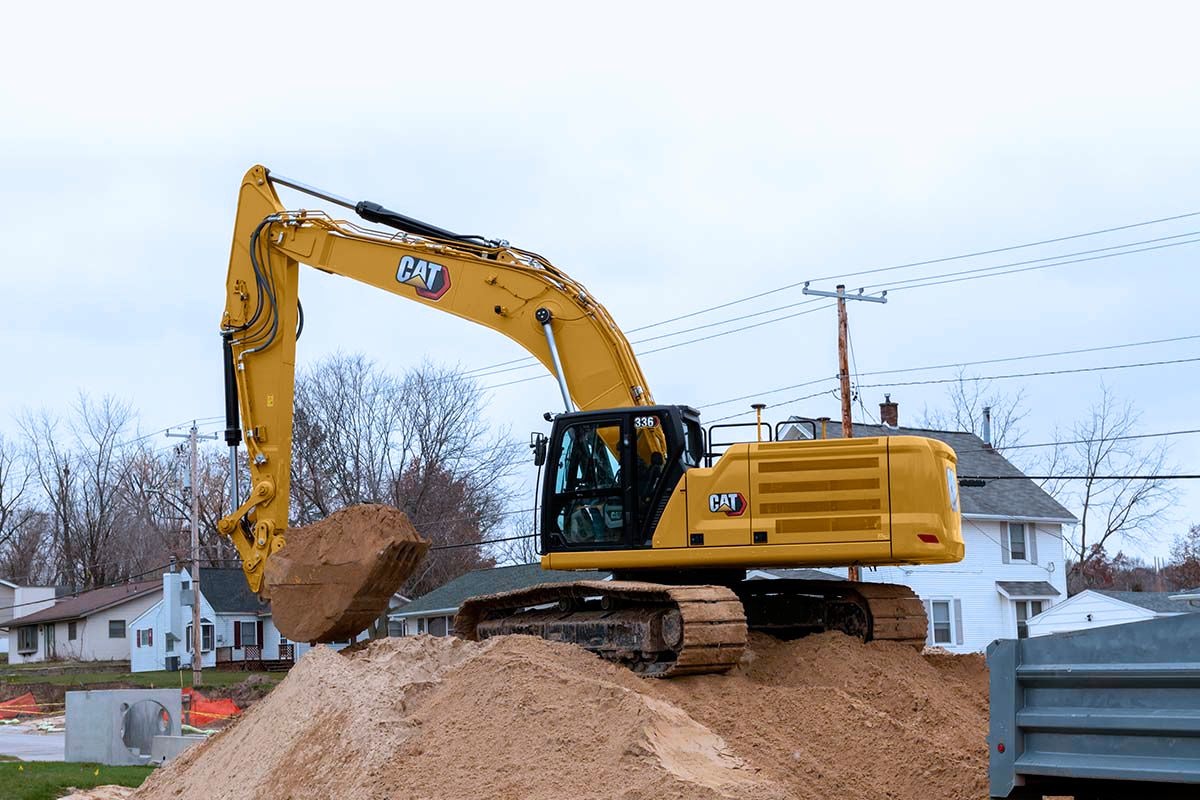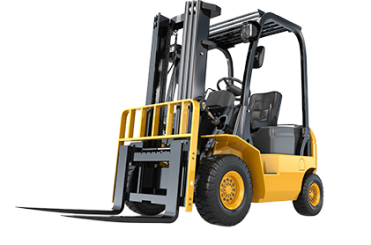Top-Rated Equipment Rental Company Near Me: Discover Forklift Rental and Aerial Lift Rental Today
Top-Rated Equipment Rental Company Near Me: Discover Forklift Rental and Aerial Lift Rental Today
Blog Article
Important Tips for Managing Heavy Equipment Rental Contracts and Logistics Efficiently
Successfully taking care of heavy devices rental contracts and logistics is vital for the success of any type of job that counts on these sources. An extensive understanding of rental terms, combined with accurate assessment of devices needs, lays the foundation for beneficial settlements.
Understand Rental Terms
Comprehending rental terms is necessary for successful heavy devices management. The rental duration defines the duration for which the equipment is rented, influencing budgeting and task timelines.
Moreover, it is essential to understand the upkeep commitments outlined in the contract. Typically, rental companies maintain the equipment, yet understanding that is in charge of regular checks and repairs is crucial to stop functional disruptions. Furthermore, terms might include stipulations worrying liability for problems or theft, which can have severe economic implications if not correctly comprehended.

Assess Equipment Requirements
Assessing devices demands is a critical action for any task manager intending to maximize resource appropriation and improve functional efficiency. This procedure entails a complete evaluation of the task needs, including specific jobs, timelines, and the type of devices essential to attain desired results.
Begin by recognizing the scope of the project and the tasks that will be done. Take into consideration variables such as the terrain, the scale of procedures, and any kind of prospective challenges that could affect tools option. Engaging with team members who will certainly run the equipment can provide valuable insights into functional needs and choices.

Next, evaluate the capacity and abilities of offered tools choices. It is important to match the ideal tools to the jobs available, making sure that it can take care of the anticipated work without endangering security or efficiency.
Furthermore, consider the rental period and regularity of usage. Comprehending these components can assist identify whether purchasing or leasing is the most cost-efficient remedy. By performing a detailed analysis of devices requirements, project supervisors can make enlightened decisions that bring about improved efficiency and minimized functional costs.
Negotiate Successfully
When the devices requirements are clearly determined, the next step involves reliable arrangement with rental firms to secure favorable terms. A well-prepared arrangement technique is essential for accomplishing the very best feasible deal. Begin by researching different rental business to recognize their prices structures, inventory accessibility, and reputation. This knowledge will certainly encourage you during settlements and aid you develop sensible expectations.
When coming close to the negotiation table, be clear about your needs, consisting of the kind of devices, rental period, and any type of additional solutions you might need. This openness allows rental firms to provide customized options that can satisfy your particular needs (forklift rental). Do not think twice to request for discount rates, particularly for lasting rentals or bulk orders, as numerous firms are prepared to offer giving ins to protect larger contracts
In addition, think about working out terms associated to shipment, insurance coverage, and upkeep charges. These elements can substantially affect the general price and should be explicitly described in the rental arrangement. Lastly, make sure that all agreed-upon terms are recorded in contacting avoid misunderstandings and shield your interests throughout the rental period. Reliable negotiation not just results in expense savings but also develops a favorable partnership with the rental business.
Coordinate Transportation Logistics
Working with transport logistics is an important facet of managing heavy equipment rental contracts. Reliable transport guarantees that devices is provided on time and in optimum problem, thereby minimizing downtime and boosting task efficiency. To attain this, More Bonuses it is important to create a thorough logistics prepare that lays out the entire transportation process from pick-up to shipment.
Begin by assessing the particular transportation demands based upon the kind and size of the devices entailed - dozer rental. Engage with dependable transport carriers who focus on heavy devices to guarantee they possess the essential expertise and equipment, such as flatbed trucks or specialized trailers. Discuss aspects such as weight limitations, course restrictions, and needed permits to avoid unforeseen hold-ups
Moreover, preserve open interaction with both the rental firm and the transport provider to coordinate schedules successfully. Confirm all details, including pick-up and drop-off times, to make sure every person is lined up and prepared. Develop backup plans to attend to any prospective disturbances, such as unfavorable climate or web traffic conditions, which may influence the transport timeline. By carefully working with transportation logistics, you can support the stability of your rental agreement and help with smooth project implementation.
Plan for Maintenance and Assistance

Additionally, it is important to connect directly with the rental provider pertaining to maintenance obligations. Some agreements might include maintenance as component of the rental solution, while in other cases, the onus might fall on the renter. Understanding these terms will certainly aid prevent unforeseen expenses and responsibilities.
In enhancement, having access to technical support can be very useful. Guarantee that the rental company offers 24/7 assistance or an emergency situation call, enabling swift resolution of any Web Site type of tools issues. Training your group on appropriate equipment usage and regular checks can also dramatically improve operational performance.
Conclusion
To conclude, reliable monitoring of hefty equipment rental contracts and logistics rest on an extensive understanding of rental Get More Info terms, exact assessment of tools needs, and skilled settlement skills. Coordinating transportation logistics and planning for upkeep further boost functional efficiency. By carrying out these techniques, organizations can alleviate threats, control expenses, and ensure that jobs advance efficiently and within established timelines. Emphasizing clear communication with all stakeholders continues to be vital in browsing the complexities of tools service and logistics administration.
Efficiently handling heavy tools rental agreements and logistics is vital for the success of any task that depends on these sources. By completely assessing and recognizing these rental terms, companies can make educated choices, alleviate threats, and ensure that their hefty tools monitoring straightens with task goals and financial restrictions.Coordinating transport logistics is a vital facet of taking care of heavy equipment rental arrangements.In final thought, effective management of heavy equipment rental contracts and logistics joints on a complete understanding of rental terms, exact evaluation of equipment requirements, and proficient settlement abilities. Highlighting clear communication with all stakeholders remains essential in navigating the intricacies of tools service and logistics management.
Report this page